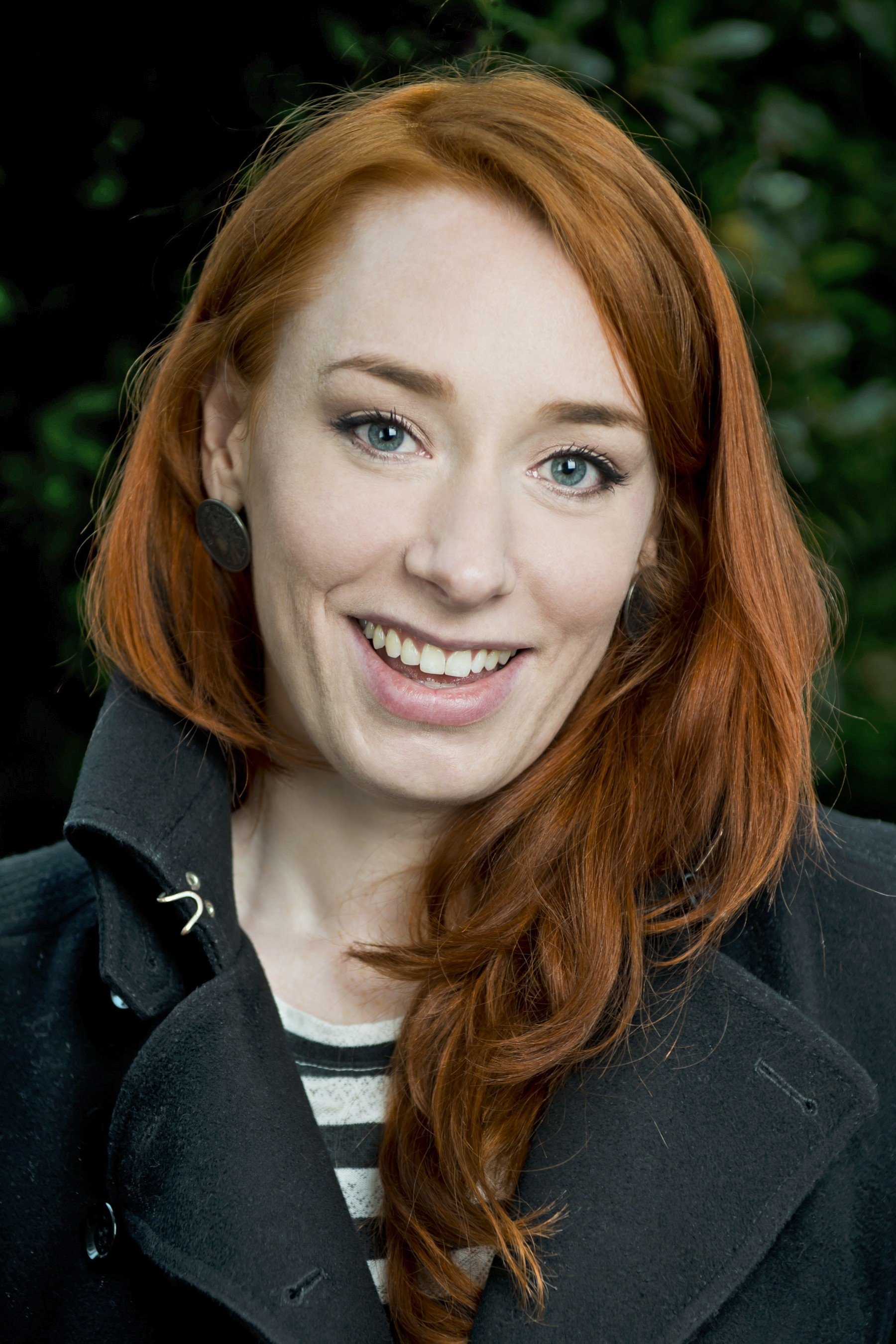
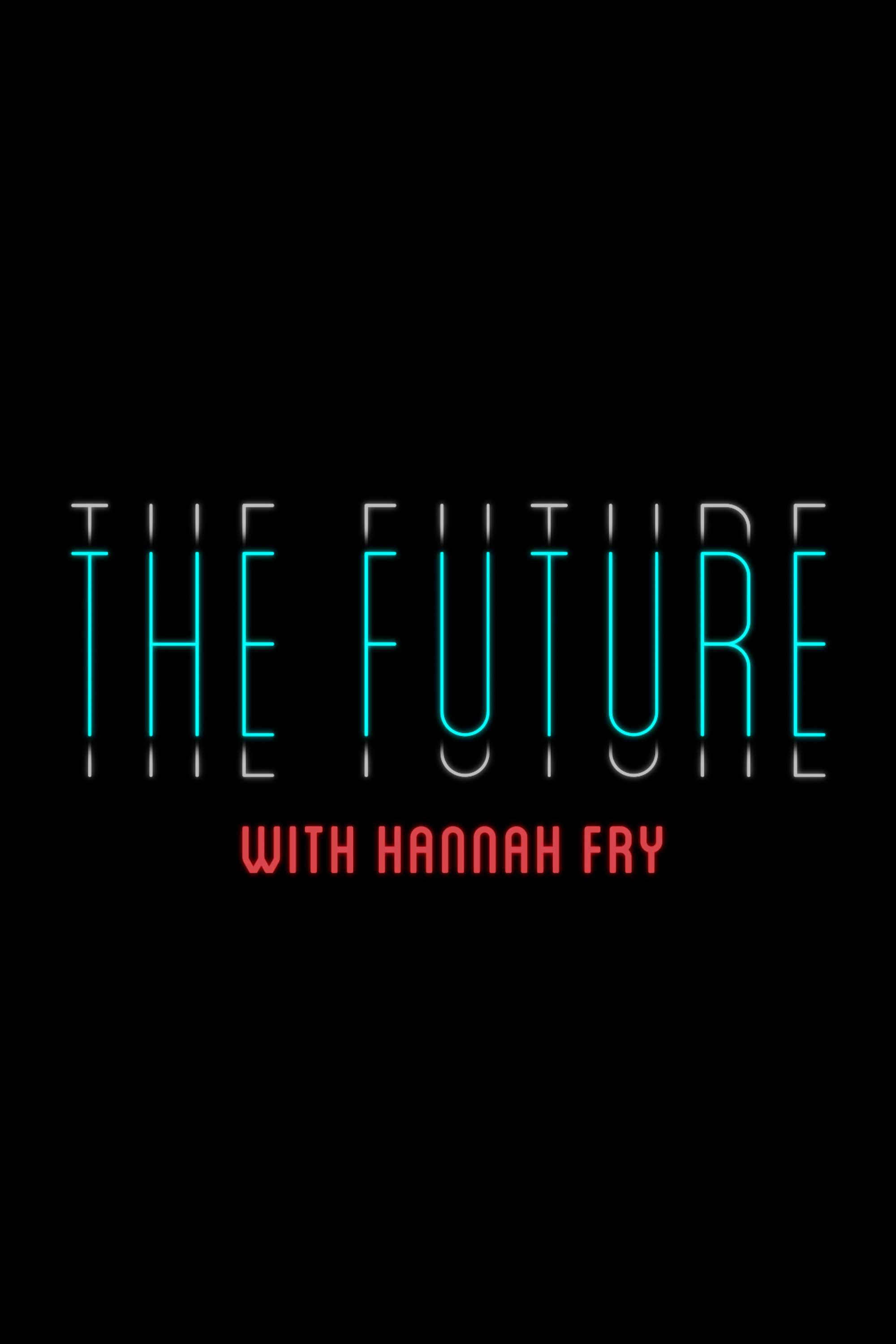
Do you want to know what your future holds? A life beyond 150 years old? A world where computers can read our emotions? A planet transformed by unlimited clean energy? Mathematician Hannah Fry will explore these questions and more.
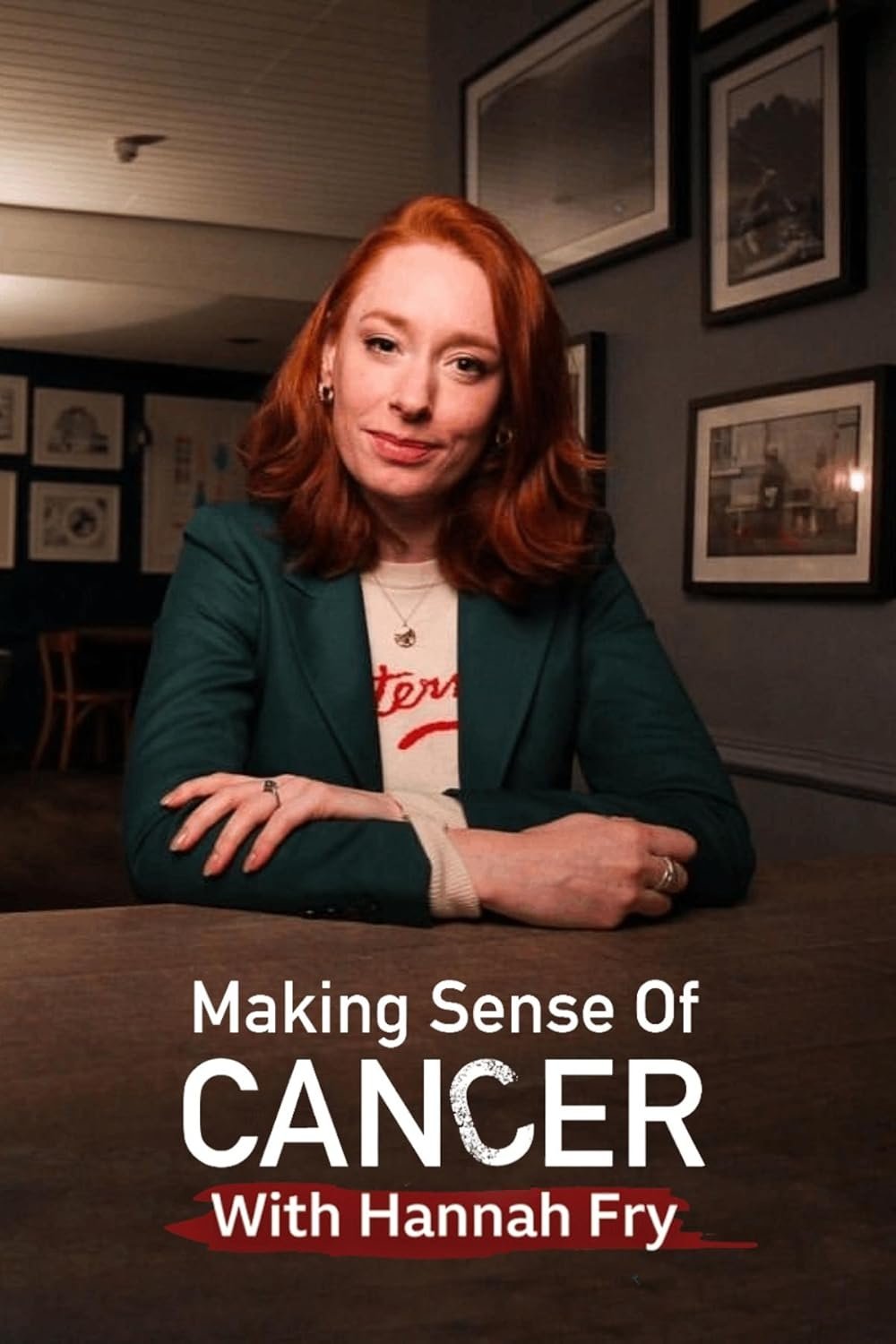
Hannah Fry, a professor of math, is used to investigating the world around her through numbers. When she's diagnosed with cervical cancer at the age of 36, she starts to interrogate the way we diagnose and treat cancer by digging into the statistics to ask whether we are making the right choices in how we treat this disease. Are we sometimes too quick to screen and treat cancer? Do doctors always speak to us honestly about the subject? It may seem like a dangerous question to ask, but are we at risk of overmedicalizing cancer? At the same time, Hannah records her own cancer journey in raw and emotional personal footage, where the realities of life after a cancer diagnosis are laid bare.
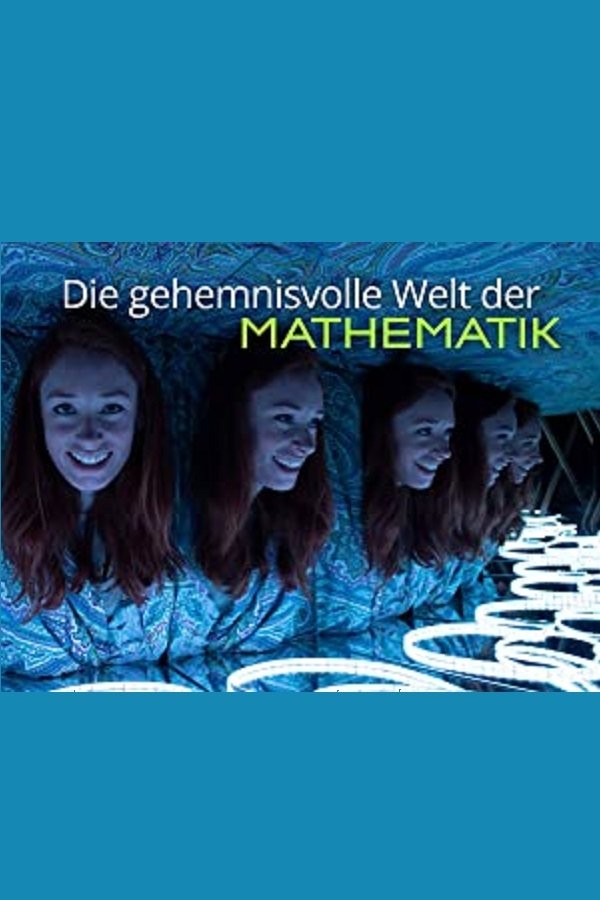
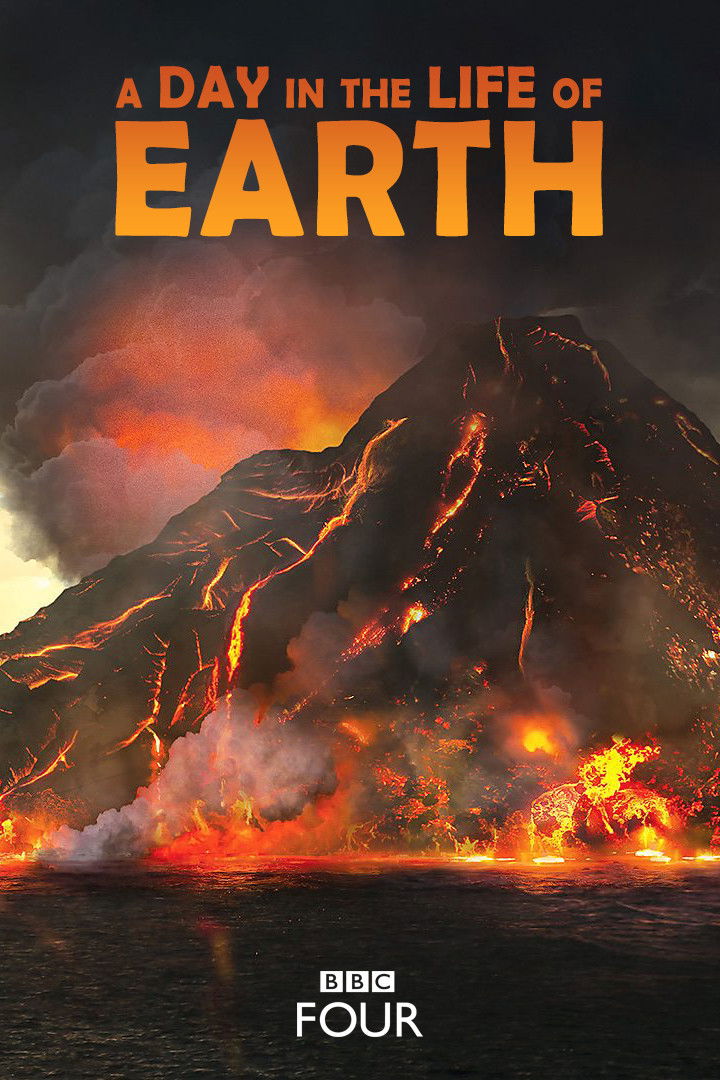
Presenter Hannah Fry reveals how much our planet can change in just a single day and how these daily changes are essential to our existence.
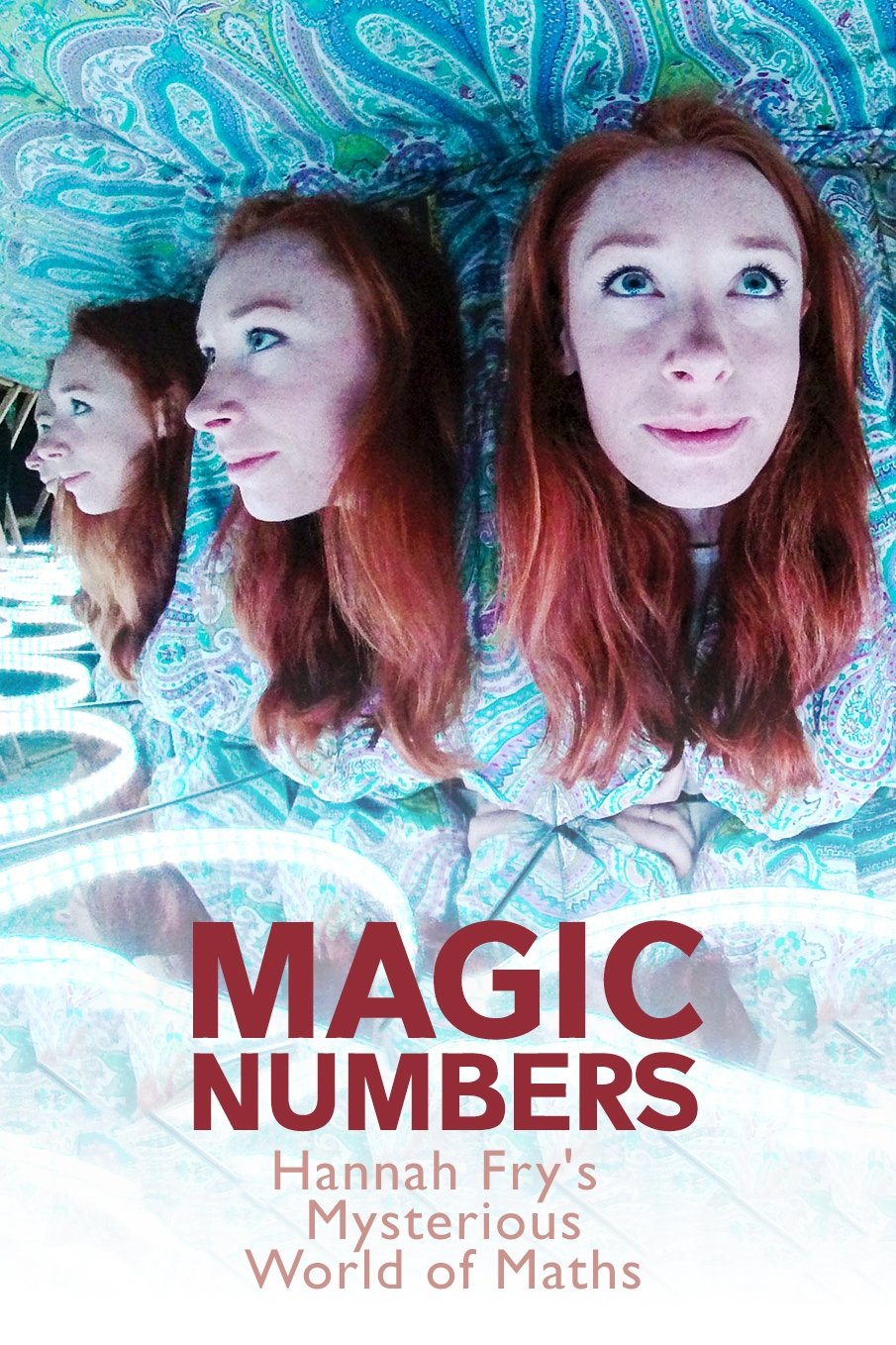
Documentary series in which Dr Hannah Fry explores the mystery of maths. Is it invented like a language or is it discovered and part of the fabric of the universe?
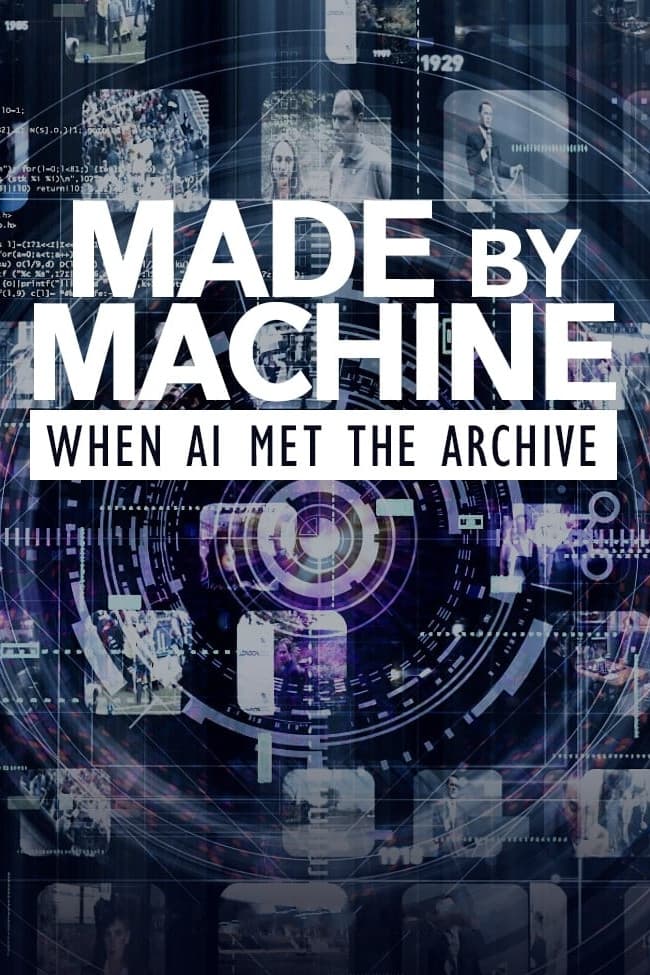
Dr Hannah Fry and a virtual host present a new way of making television, as the BBC uses artificial intelligence to delve into the treasures of the BBC Archive.
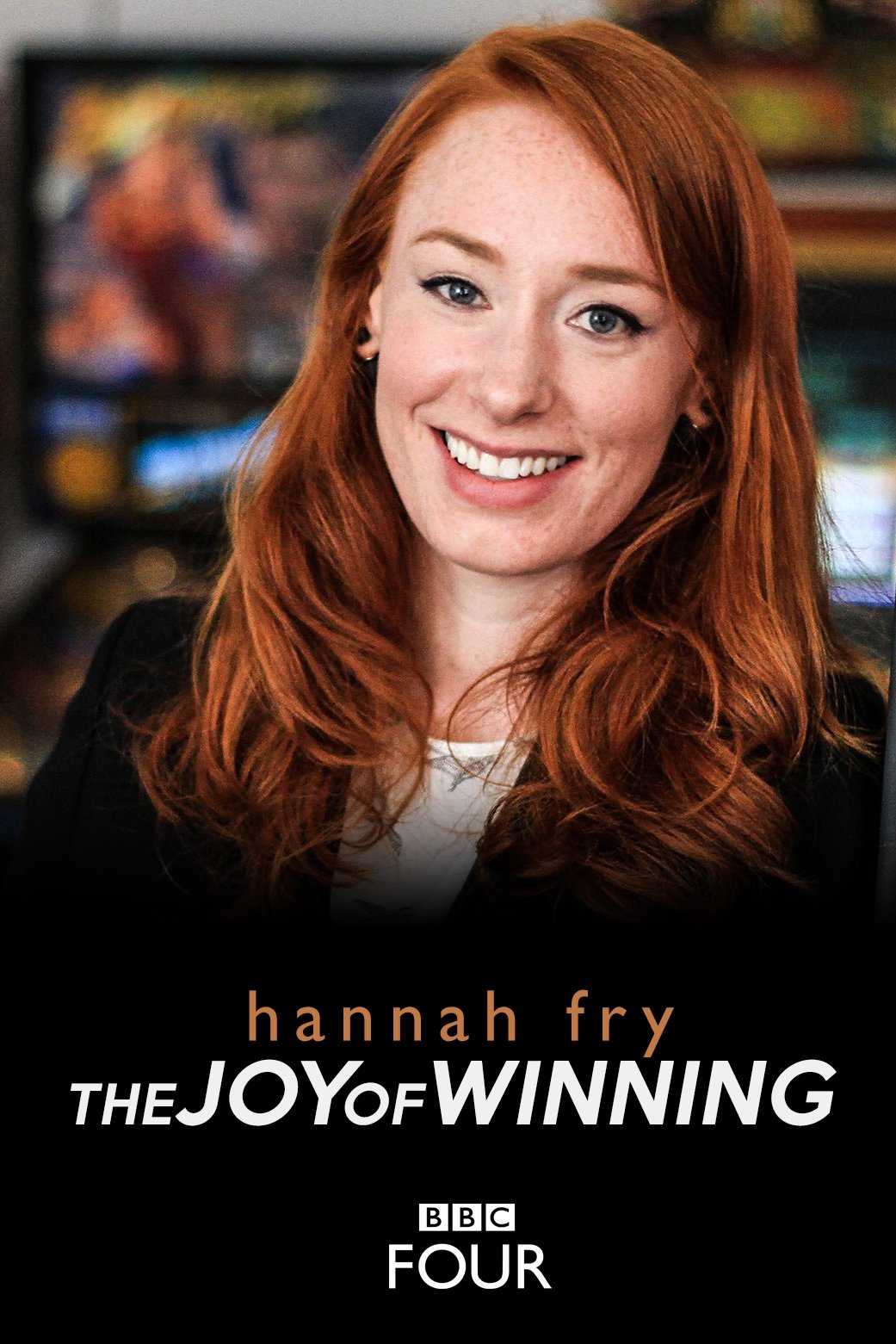
How to have a happier life and a better world all thanks to maths, in this witty, mind-expanding guide to the science of success with Hannah Fry. Following in the footsteps of BBC Four's award-winning maths films The Joy of Stats and The Joy of Data, this latest gleefully nerdy adventure sees mathematician Dr Hannah Fry unlock the essential strategies you'll need to get what you want - to win - more of the time. From how to bag a bargain dinner to how best to stop the kids arguing on a long car journey, maths can give you a winning strategy. And the same rules apply to the world's biggest problems - whether it's avoiding nuclear annihilation or tackling climate change.
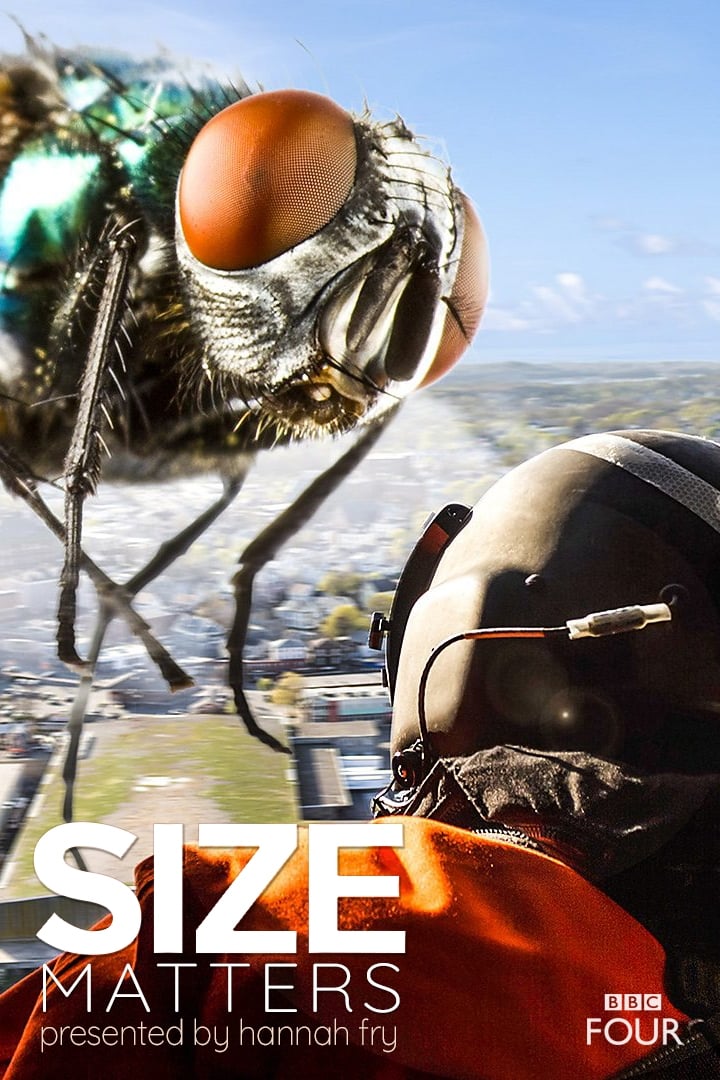
Hannah Fry takes a spectacular look at the science of size by imagining a parallel world in which everything is made bigger or smaller.
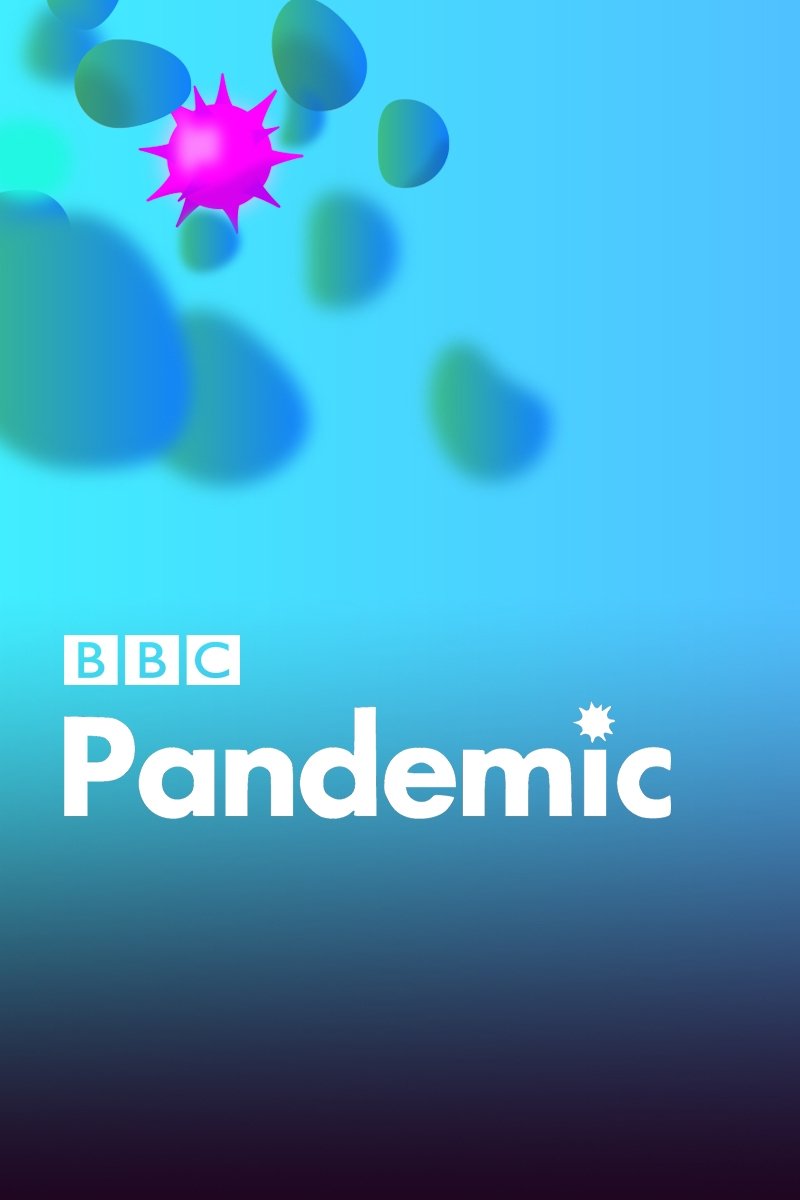
The government rates the global outbreak of a deadly flu virus as a major threat to the UK. It could happen at any time. To predict the impact of the next pandemic more accurately than ever before, new data is needed. Dr Hannah Fry is on the case. She sets out to recruit the nation to download the BBC Pandemic app in a ground-breaking experiment to help plan for when that happens. How quickly will it spread? How many could it kill? What can we do about it? Hannah masterminds the experiment and adopts the role of Patient Zero by walking the streets to launch the outbreak. Meanwhile, an emergency physician finds out why flu is still such a danger a century after flu killed up to 100mi people. He meets researchers trying to discover what makes some people more contagious and visits a factory that will produce vaccine when the next pandemic flu virus emerges. Armed with the information he gathers and the results of the BBC Four Pandemic experiment, they make a shocking revelation.
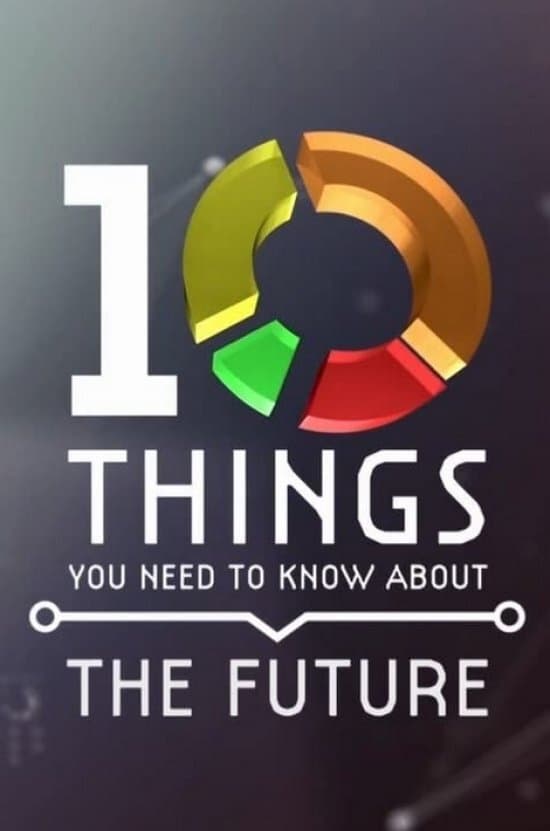
Horizon interviews some experts and looks at the matters which can change our lives in the future, like: climate change, the future of transport, energy production, gene therapy, artificial intelligence, among other things.
Dr. Hannah Fry is a lecturer in the Mathematics of Cities at the Centre for Advanced Spatial Analysis at UCL. She works alongside a unique mix of physicists, mathematicians, computer scientists, architects and geographers to study the patterns in human behaviour - particularly in an urban setting. Her research applies to a wide range of social problems and questions, from shopping and transport to urban crime, riots and terrorism.
By browsing this website, you accept our cookies policy.